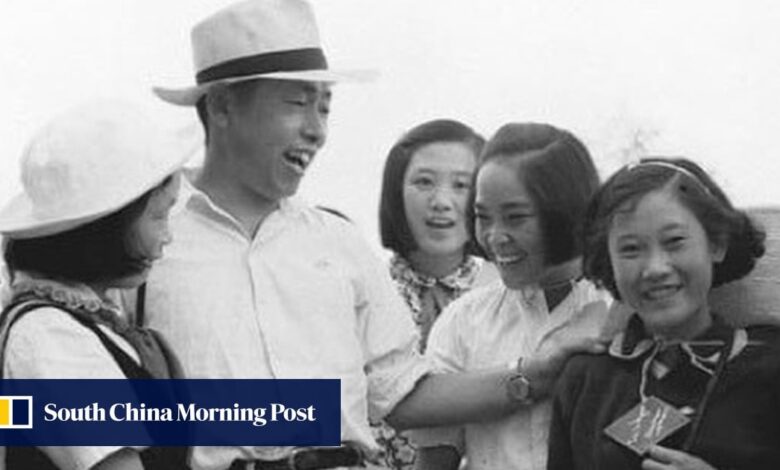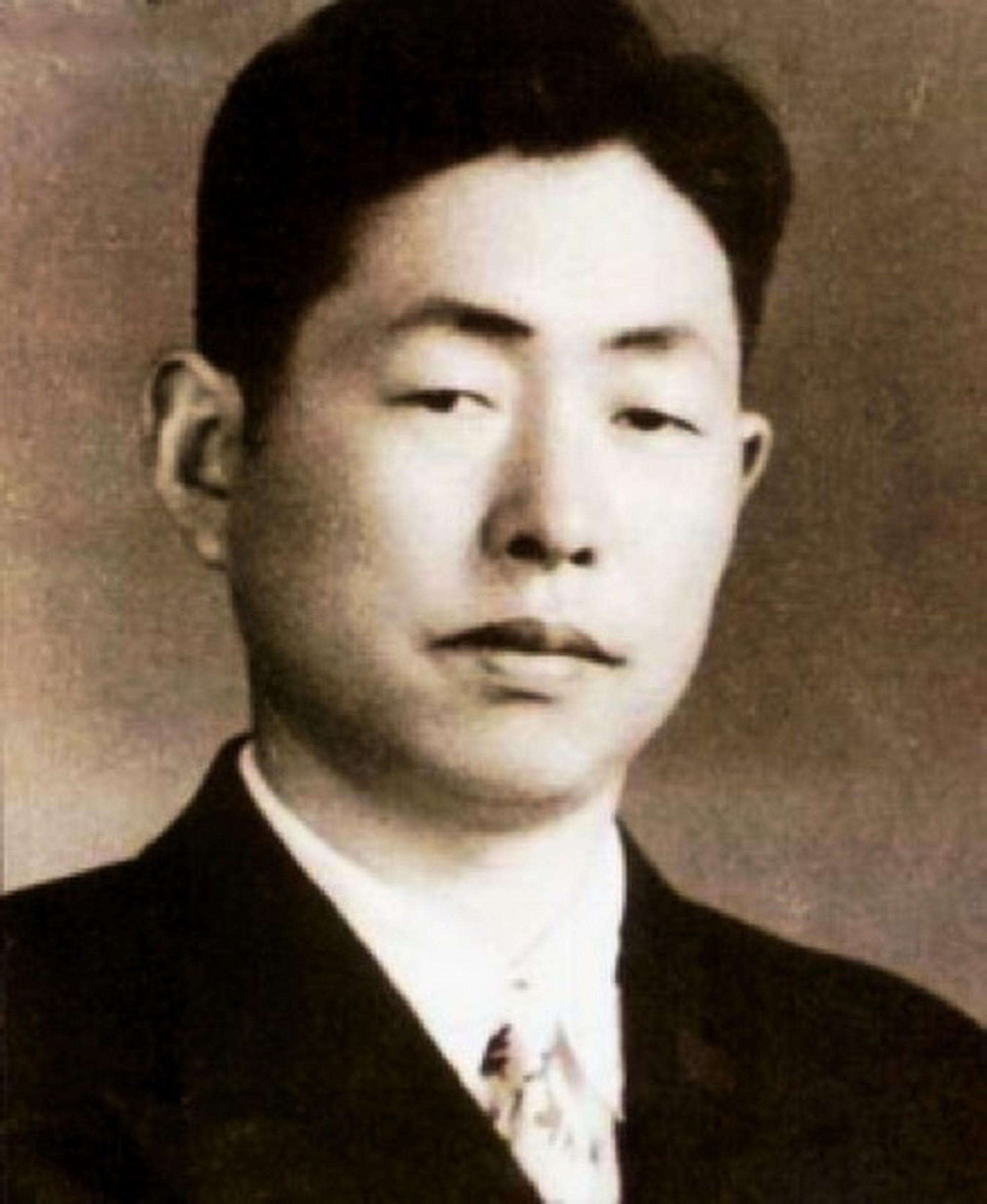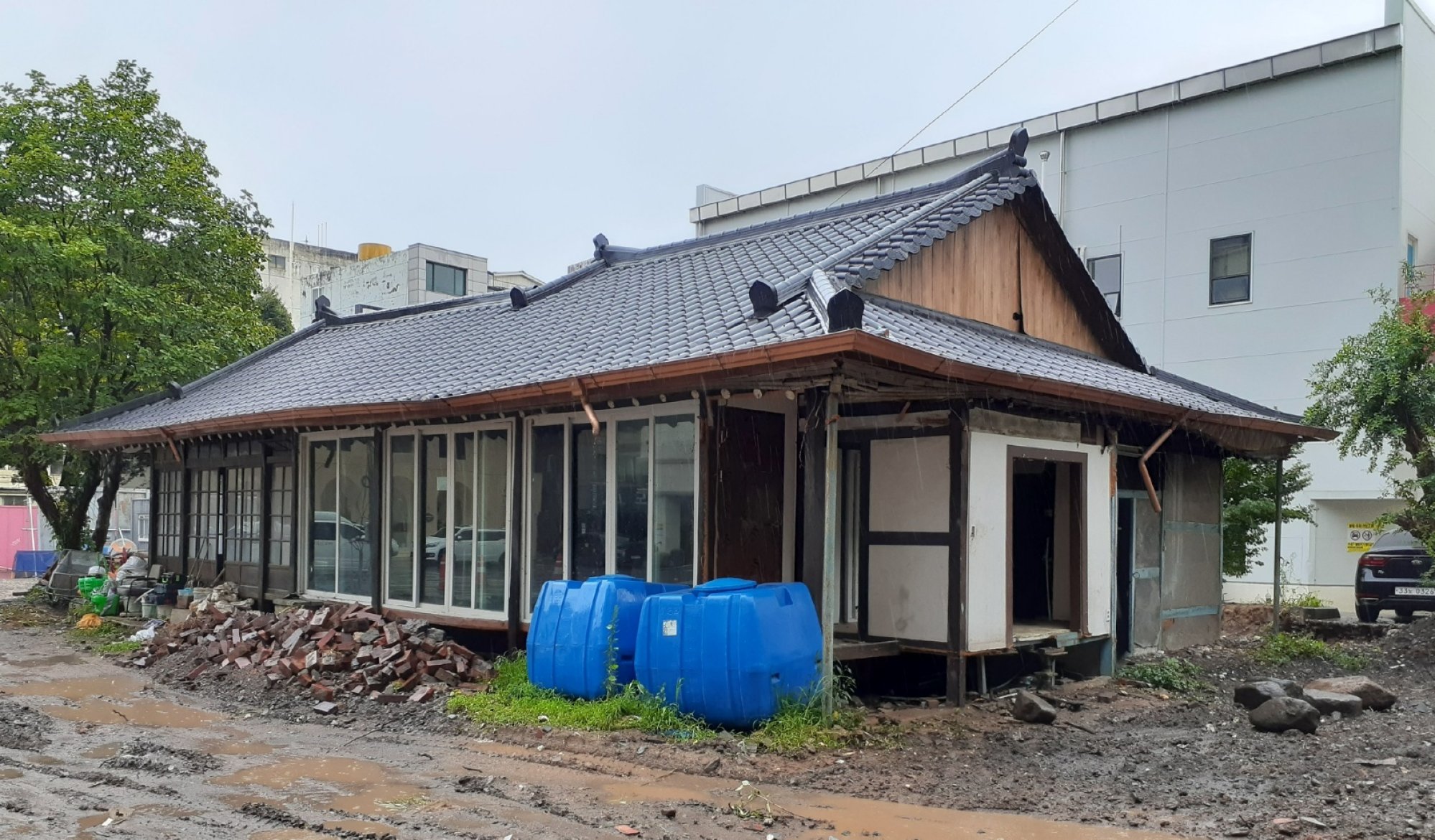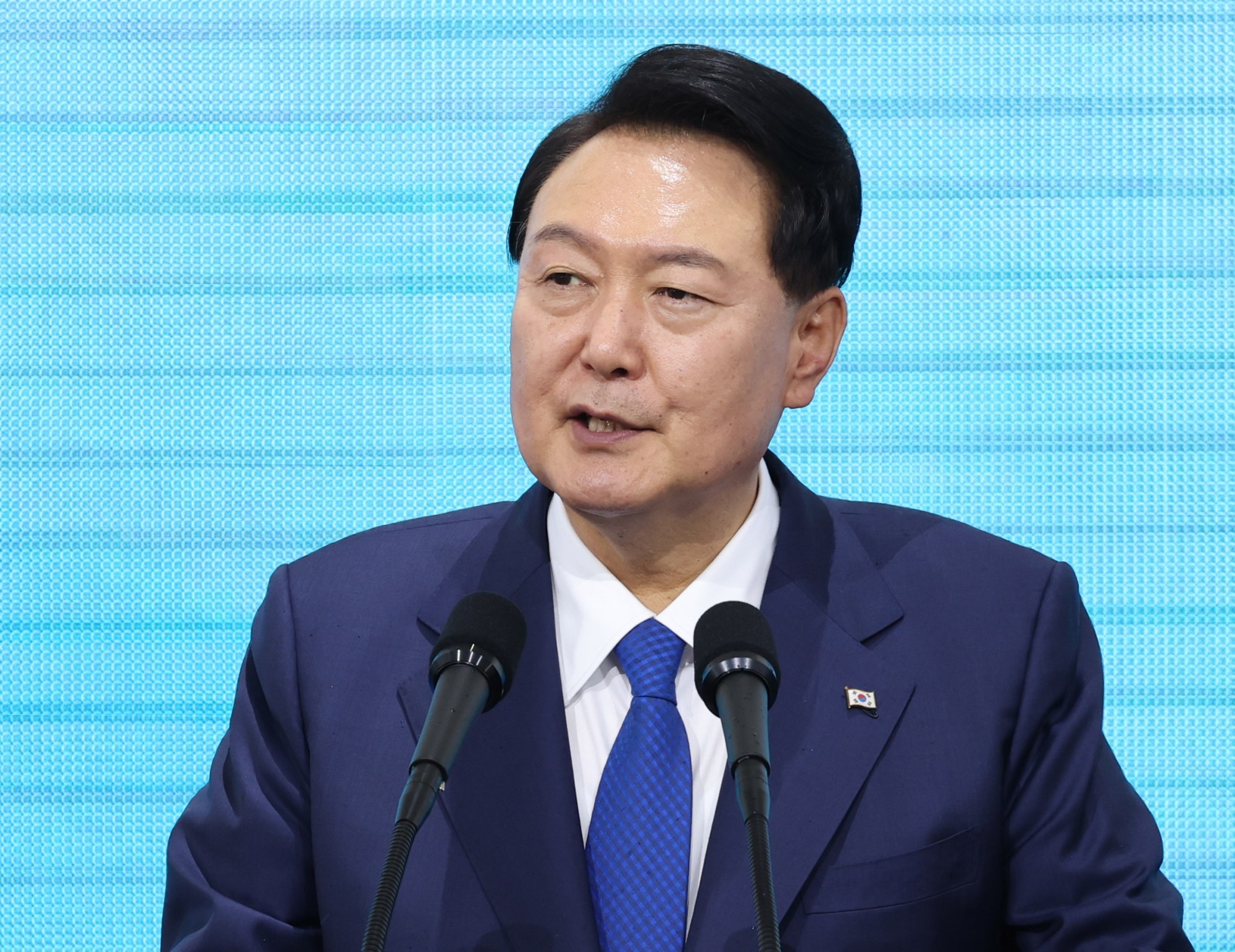South Korea’s President Yoon Suk-yeol accused of fanning ‘red scare’ amid controversy over Chinese musician’s memorial

[ad_1]
“Not a single cent of the people’s precious tax money can be spent on anything that goes against the values” of free democracy South Korea, said Park of his hometown’s decision to set up a memorial for Jeong.
He pledged to put his ministerial position on the line to ensure the project was withdrawn, adding the central government planned to take legal steps against the move by the Gwangju authorities.
But Gwangju Mayor Kang Gi-jung and local politicians vowed to push through with the project, announced in 2020, three decades after it was first mooted.
“The commemoration project for Jeong has been under way for the past three decades … The budget has long been spent and there is no change to the fact that South Korea-China relations are crucial for this country,” Kang said on Monday.

Jeong started his revolutionary career with the Euiyeoldan – an anti-Japanese, pro-independence fighters’ group that was mainly active in China – before joining the Communist Party in 1939.
He fought in the Korean war as a Chinese soldier and lived in the North until 1956, before moving to China and taking up citizenship to avoid a sweeping purge under the North’s then president Kim Il-sung. He died in 1976, believed to be in his early 60s.
Activities to celebrate Jeong in the South began in 1988 to help improve ties with China and promote the 1988 Seoul Summer Olympics. Jeong’s wife, Ding Xuesong, who had served as China’s first female ambassador to the Netherlands in 1979 to 1981, was invited to Seoul to celebrate improving bilateral ties.
To mark the first anniversary of South Korea-China diplomatic ties in 1993, the conservative government of Kim Yong-sam convened a music festival focused on Jeong’s songs and in 1996 convened a music performance of his works.

Jeong came into the spotlight this week after Yoon’s government put the brakes on the low-profile project, estimated to cost 4.8 billion won (US$3.6 million) and targeted for completion in May next year.
Gwangju’s Mayor Kang said Jeong had been serving as “an important medium” over the past 30 years for bettering ties with South Korea’s neighbours, including China and Russia.

Yoon has been hardening his stance recently against what he sees as “anti-state forces that blindly follow communist totalitarianism, distort public opinion, and disrupt society through manipulative propaganda”.
In a speech on August 15 to mark South Korea’s Liberation Day from the 1910-45 Japanese colonial rule, Yoon said these forces had always disguised themselves as “democracy activists, human rights advocates or progressive activists while engaging in despicable and unethical tactics and false propaganda”.
“We must never succumb to the forces of communist totalitarianism. We must not be deceived by those who follow and serve them,” he said.
The main opposition, the liberal Democratic Party of Korea, said Yoon was “branding as anti-state forces” his political opponents, civil activists, news media and people critical of government police.
The pro-labour Justice Party head Lee Jeong-mi said Yoon’s speech represented “McCarthyism in the 21st century”.
[ad_2]
Source link




